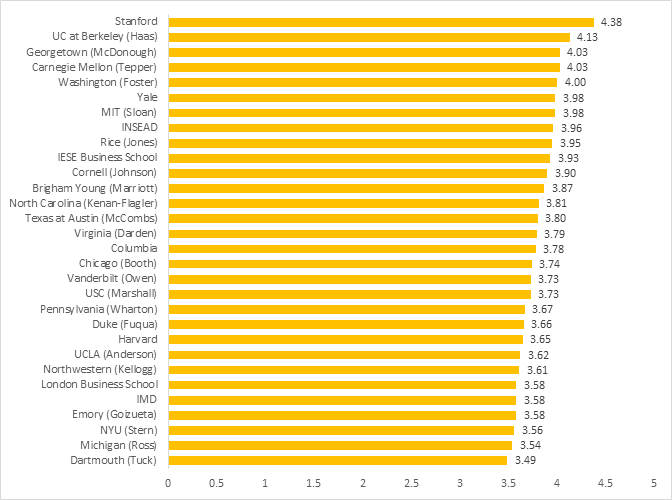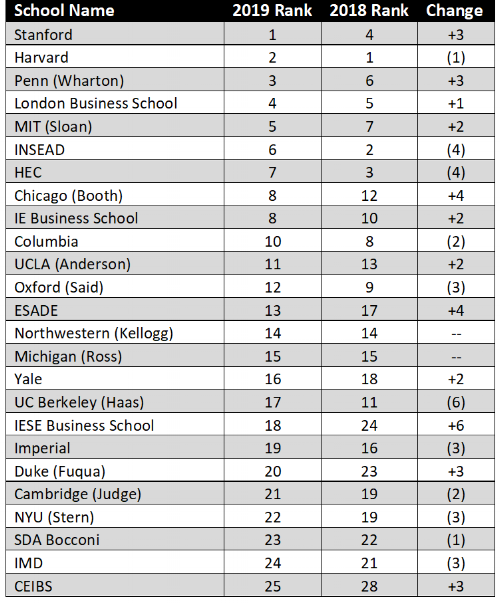Prospective MBA and entrepreneur? Science and/or tech enthusiast? NYU Stern’s Endless Frontier Labs (EFL) might be of interest to you.
EFL is a dual stream program designed to bolster entrepreneurship in the science/tech space. The program includes an MBA course and an early-seed accelerator program for science and technology startups. Enrolled MBA students, with mentoring and coaching from EFL staff, are paired with a startup to develop a commercialization strategy. Students gain hands-on experience developing and implementing a business model, defining strategy, pulling together financing, and planning for scaling. The startups in the accelerator benefit from the MBA’s consultation on bringing the scientific development(s) to the marketplace, as well as from access to the resources available through the NYU, Stern, and broader NYC communities.
The program has grown in popularity over its five years. As an accelerator, it now selects about 75 startups each year out of 1500 applications, making it among the most selective of early-seed accelerators. Students are also eager to take part, with about 120 students vying for 75 spots. The course founder and director, Deepak Hegde, stresses that he selects students who demonstrate intellectual curiosity and an ability to thrive in ambiguity, not just those with a background in science or tech.
To date the program has yielded impressive results. EFL has led to 183 alumni startups, with 83 percent of those garnering at least one successful round of funding. This compares favorably to similar accelerators such as YCombinator and Techstars where 77 percent and 73 percent receive funding, respectively. Additionally, Hegde won the 2022 Innovation in Entrepreneurship Pedagogy Award from the Academy of Management Entrepreneurship Division. And a number of the MBA student participants have continued their work with their startup in a post-graduate position.













